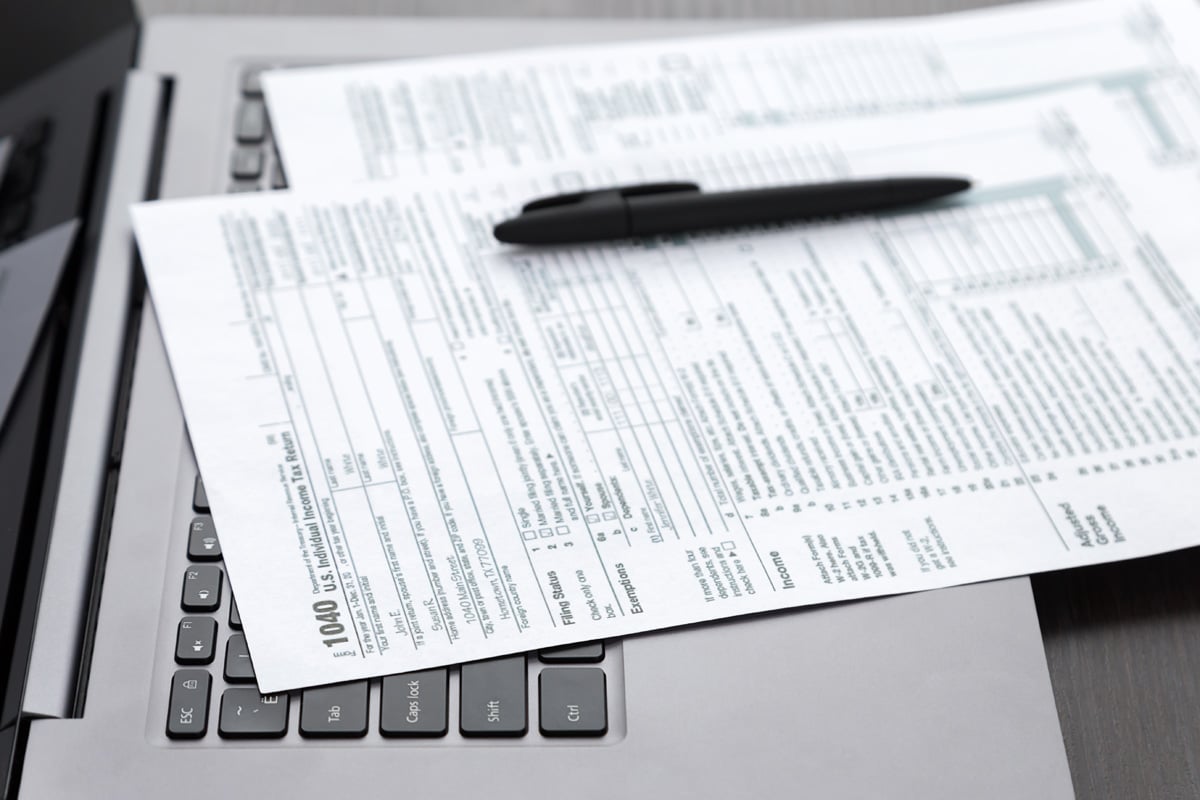Have you been planning your retirement? Did you know those that work with a financial planner have 445% bigger nest eggs by the time they retire? Who wouldn’t want 445% more in savings to use for travelling, on loved ones, or medical expenses?
Phase One: Save, Save, Save
The best thing you can do is start saving. A household income of $56,000 could have around $900,000 if they consistently invest 15% of their income over a 25-year period. If they had 30 years to invest, they’d have over 1.5 million! The important thing to remember is to pay for your ongoing financial obligations now as you continue to put more money aside.
Phase Two: Look into the Details
An investing advisor can run projections based on your monthly contributions and expected retirement age. This will give you an idea of what inflation, taxes, and/or fees may apply down the road as you continue to invest in your retirement.
Phase Three: Being Realistic
Once your big expenses are taken care of, your children are out of the house, your house may be paid for, you can really focus on putting more funds to your retirement account. Keep in mind as you age, once you reach 60 years old, you’ll want to purchase long-term care (LTC) insurance to protect your investment funds.
There are some big mistakes you will want to avoid as you plan your retirement. Make sure you do not rely too heavily on social security. As presidential administrations change, and generations continue to have new priorities, the future of social security is uncertain. Most seniors need 80% of their former income to live comfortably. Social security does not come close to being 80% of most people’s earned income for a month. Not to mention, there are additional costs in getting older—medical bills, travel to see loved ones, etc. Therefore, it is important to remember that you will need to put money side.
Tax Planning for Retirement
If you are leaving your job, you have to be 55 years or older to tap into your 401(k) without incurring penalty fees. You will, however still owe money in taxes on your withdrawals. If you roll the money over to an IRA, you must be 59 ½ years old to avoid early withdrawal penalties when taking money out of the account.
There is some confusion about how withdrawals from Roth IRAs are taxed. The IRS believes that the first money withdrawn comes from your annual contributions and can be accessed tax free and penalty free at any time. You will be charged a penalty, however, if you are under 59 ½ years old and the account has not been open for at least 5 years.
You should also be careful avoiding taking too many withdrawals that can bump you into a higher income bracket. This is often forgotten by 401(k) holders as they continue to take withdraws from their retirement accounts.
For more advise on retirement funds, taxation, and planning your future, contact us today to get your consultation started. We are here to provide you excellent service and the most knowledge for you to make an educated decision about your retirement.
If you have any questions regarding this article, or if you need further assistance regarding your unique financial or tax situation, send us an email at info@zagmoutcpas.com, or call us at (312) 239-3716.
To learn more, visit Zagmout & Company CPAs at www.zagmoutcpas.com.


